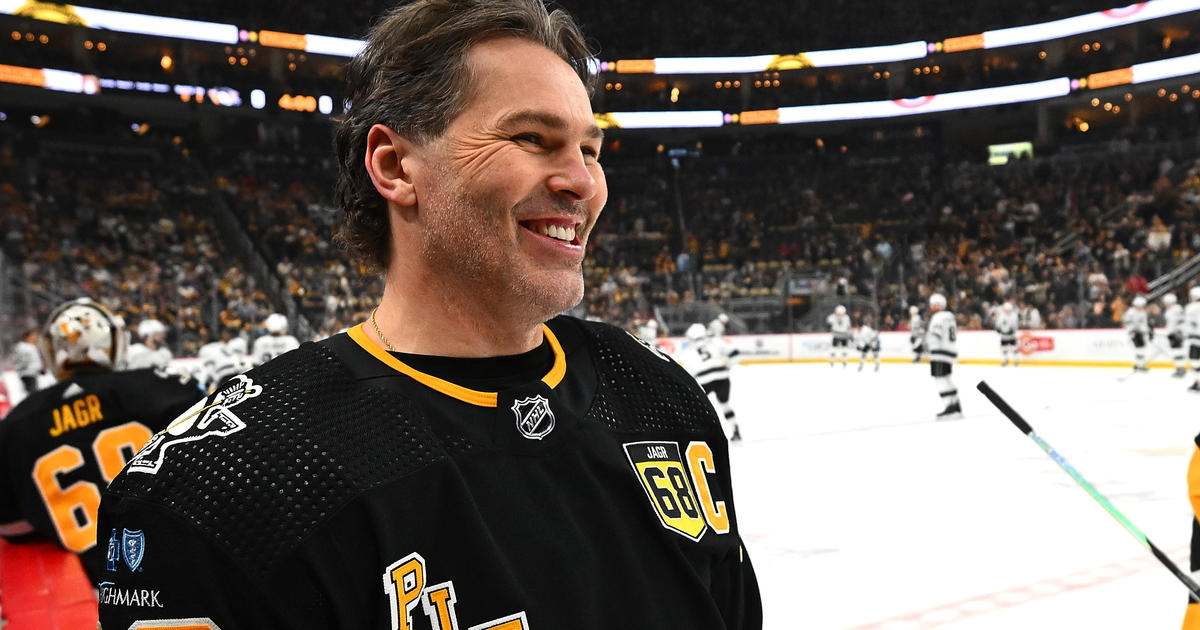Interview with the Stars of "Warm Bodies"
I had the pleasure of sitting down for a roundtable interview with the stars of the film "Warm Bodies," Nicholas Hoult, who plays the zombie R and Teresa Palmer, who plays his love interest, Julie. "Warm Bodies" opens nationwide on Friday, Feb. 1st.
This movie could be described as a "WALL-E" of the Dead.
Nicholas: That's funny, because when we first started making this film I said to our director, Jonathan Levine, dude, we are making "WALL-E." I love that movie so much.
So what was it like developing your character's arc – going from completely brain dead to self-narrating zombie to the final stage of a loving human being? And the kind of slow, grading arc that you have based on how much you can speak, the articulation your movements to the physicality of your performance; because there is definitely a curve to it?
Nicholas: There was? Whew, I pulled it off. Jonathan and I sat down before we started shooting to discuss it. The vocabulary development was already in the screenplay. But he and I picked out the key moments, like when he first see's Julie or when he starts to feel cold, or when he starts dreaming. The places where his speech might be improving or his movements get better. And Jonathan was good about pointing out places where maybe I should be talking faster or moving better.
Were the scenes where you weren't able to talk; where you just were sort of grunting? Which can be difficult to film with a straight face?
Teresa: Absolutely!
What was the hardest scene to get through?
Teresa: For Nicholas, it was the scenes with Rob Corddry. Rob Corddry threw in a lot of unscripted dialogue that was very funny.
Nicholas: Yeah, just that first scene with Rob and me, where we are just sitting there grunting. I was amazed on the amount of expression that you could get into a grunt. There was one he did that was just a long, soft groan. And he always did it just as I was sitting there looking at him, letting out this really long wheeze out. And I would have to sit there thinking, "Oh, man, I am going to break up here." He was just too funny. I couldn't keep up with him.
Now we have a genre of the comedy-zombie film with your film and" Zombieland" and "Shaun of the Dead." What makes your film different from the other two films I mentioned?
Nicholas: The romance, and the fact that the film is shot from the zombie perspective; which is the key thing because it hasn't been done before.
Teresa: Yeah, we pushed the boundaries by adding in the romantic element.
Nicholas: Right, I suppose there was romance in the other two films, but not between the undead and the living. I liked those other two films, but this film really pushes the boundaries.
Teresa: I also like the fact that this film is heartfelt. That zombies can actually heal and possibly become human again; which makes this film a different type of zombie genre. I love that the film shows that life can move on in a beautiful way.
Nicholas: I liked the fact that when the zombies eat the brains of people they take on their memories, which I liked a lot. And it kind of explains why zombies want to eat brains, instead of the more meaty parts of the human body like the heart.
What were the brains like to eat?
Nicholas: The brains were spongy, soft, sweet and kind of lumpy in bits and sometimes with bits of hair in it. I did a scene where I was bashing a human's head into the floor. I had to peel off the cranium and then reach into it for the brains. When I had bashed the head of the dummy, filling in for the live human, a bit of the hair fell out and got mixed in with the brains. So when we started shooting the scene of me eating the brains, a bit of the hair was in with the brains. I saw it but I thought to myself, I don't want to reshoot the scene, so I'm going for it. That was the worst day of brain eating.
Most of your scenes Teresa are where you are either interacting with Nicholas, a zombie or you are surrounded by zombies; was there any scene where you kind of got creeped out?
Teresa: Yeah, there was one that made me quite nervous. We were shooting at this wonderful airport in Montreal that's abandoned. And our director, Jonathan Levine, wanted to keep everything looking very real, very authentic. He wanted the film to feel and look like the zombie apocalypse was really happening, which he did by incredible set dressing. So the place felt really scary and creepy.
I had a scene where zombies were chasing me, jumping out at me from all different angles and I get cornered by them. I had a hedge trimmer and I had to do this whole scene where I was fending them off. Which made it also scary because I was having to do stunts, making sure that I was hitting all my marks. It was all choreographed, but the stunt guys were all in makeup, looking fierce and scary. So I was battling these zombies and my heart was going a million miles an hour. It was like we had real zombies and they were really going for my brains.
Your director, Jonathan Levine, has quite an impressive body of work, including "50/50" and "The Wackness."
Teresa: Oh, I love "The Wackness!"
What did Jonathan bring to the production?
Nicholas: Playing R was kind of an odd role to play. So what Jonathan did was create an environment where you could try things out and make it fun. He managed to make the set feel safe, very supportive and encouraging. He also knew exactly what he needed and was very clear in expressing what he wanted to us. I love the guy and really want to do more with him.
Teresa: His enthusiasm and his encouragement were really liberating. I have done other films where the director is very married to the script and you have to make sure that you follow the script exactly. Jonathan wasn't at all like that. He just wanted it to be authentic - wanted to feel real. He would ask me, "do you think Julie would say or do this? If not, then change it to how she would say it."
How incredible is that for an actor to be given that freedom and to know that the director trusts you that much! He hands the reigns over to you and just gives you some gentle guidance, creating spontaneity. It was such a gift to an actor to have that kind of direction.
Nicholas: It also helped that the script was so well done and didn't go through a lot of changes. So many films have scripts that keep changing while you are shooting and you have a tendency to get lost. But with this film, the script was solid and really didn't change that much.
What would you say makes this different from other supernatural love stories, like the "Twilight" series?
Nicholas: It's the humor in this film. That the film doesn't take it's self too seriously; that the film kind of recognizes the non-serious aspect, while keeping its heart. Also, most of the Young Adult films are aimed and told from the female perspective, whereas, this film tells it from the male's perspective, where guys can also enjoy this film. It's a film where guys don't have to be dragged to the film by their dates.
Teresa: And the response of the film has been great. All walks of life can enjoy this film and connect with the story understanding what it means. You know, the couple falling in love, what that stirs up. The genre mash-up - where it's a love story, but it's a zombie film and comedy means that it can appeal to wide range of the audience. That everyone can get something out of it.
Nicholas: It's kind of funny that when the hard core zombie fans heard about this film, their reaction was "you can't do that to our zombies!" But once they have seen the film, they have like the changes that we did to the genre. We kept some things about the zombie genre, but pushed the boundaries on other things and people seemed to like that.
Teresa: Yes, it gives you more of an insight into the minds of zombies.
All right, thank you very much and good luck with the film.
"Warm Bodies" is in theatres on Friday, Feb. 1st. Warm Bodies Website




